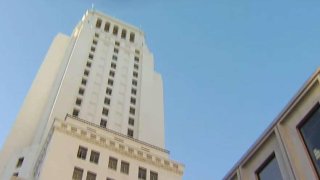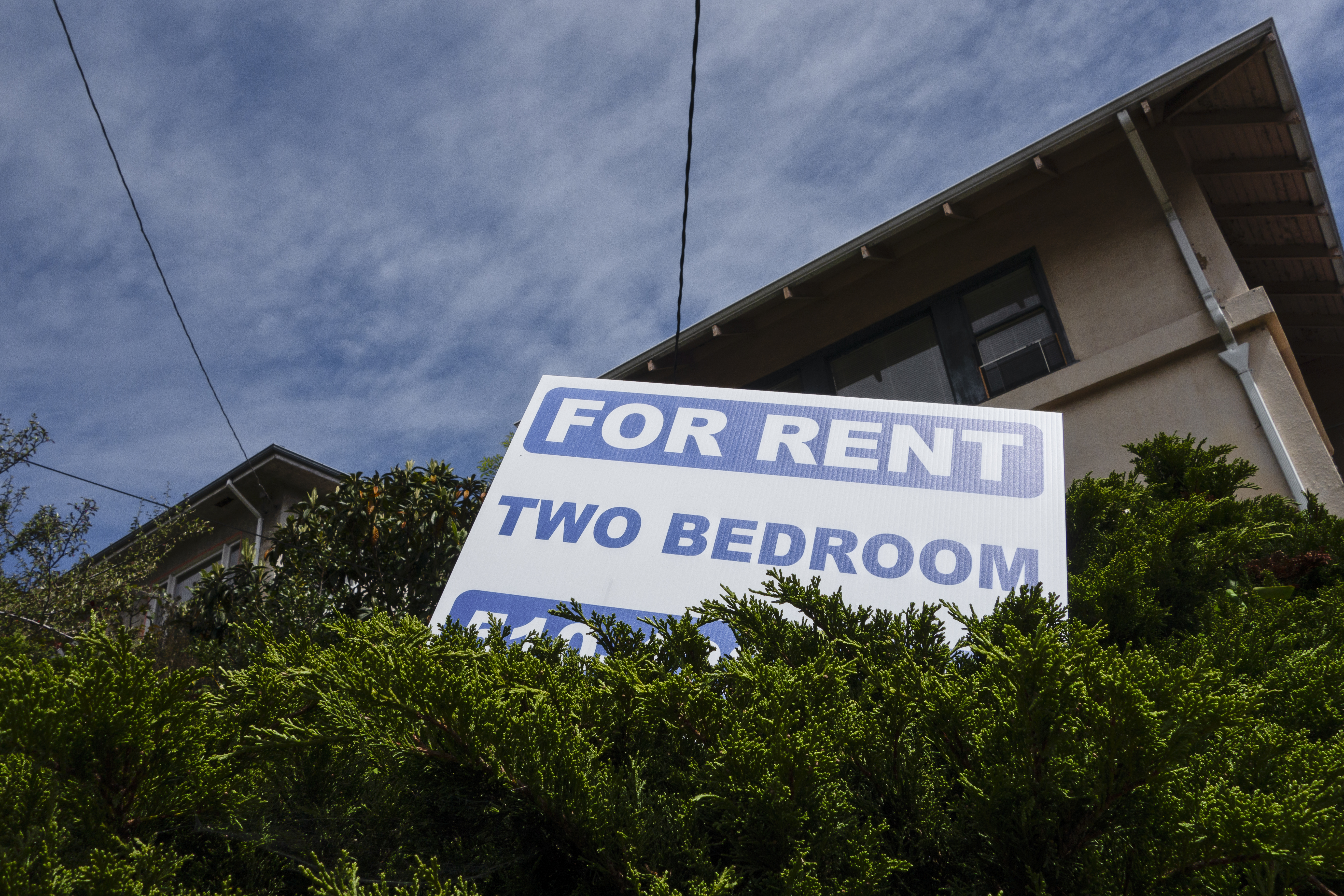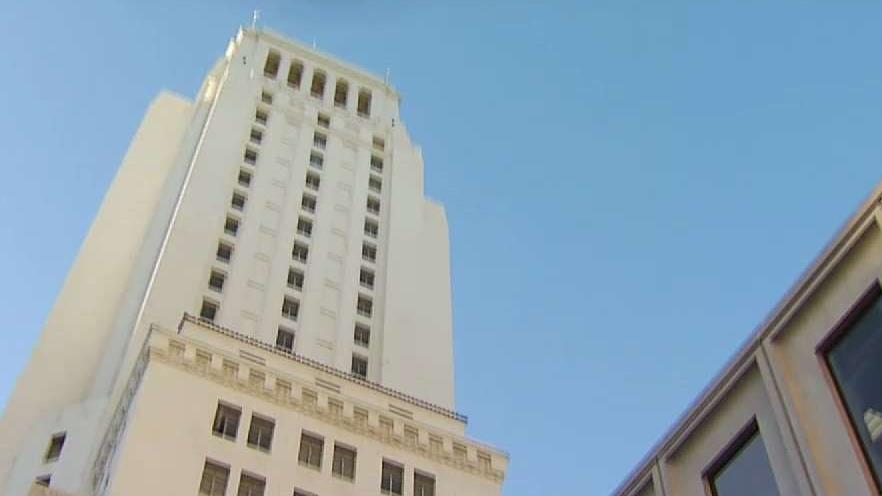
City officials launched a public safety initiative Monday aiming to provide trauma training and services to community intervention workers who implement an unarmed response alternative to policing.
Councilwoman Monica Rodriguez, who chairs the City Council's public safety committee, announced the Project TURN initiative -- which stands for Therapeutic Unarmed Response for Neighborhoods -- at a briefing Monday at the New Testament Church of Christ in South Los Angeles.
The program, launched with $2.2 million in city funding, seeks to help the over 100 community intervention workers in the city with training provided by the Community Based Public Safety Collective, The Reverence Project and the BUILD Program.
They will provide therapy and other activities such as yoga, meditation and healing circles.
Get top local stories in Southern California delivered to you every morning. Sign up for NBC LA's News Headlines newsletter.
Community intervention workers aim to create an alternative to police response with an unarmed model of community engagement and gang prevention strategies.
"These crisis intervention workers are exposed to trauma with regularity,” Rodriguez said to City News Service. “And they've never been provided those tools to help manage that.”
Rodriguez said that the community intervention workers help prevent retaliatory violence, reducing the need for officers to engage in the neighborhoods.
Ideally, the workers find out information from community members, and handle the situation long before police need to arrive.
“That's the whole point, is that we want to avoid the crisis before we're in one,” Rodriguez said.
The effectiveness of Project TURN will in part be determined by how successful the workers continue to be in de-escalating situations, according to Rodriguez.
The program kicked off immediately on Monday, beginning with a three-day trauma-informed training with an initial cohort of community intervention workers.
Bobby Arias, president of San Fernando Valley-based Champions in Service, said that the LAPD is aware of and supports the community intervention strategy.
But he added that the workers “can't be perceived by the community as snitches,'' since they have to work with those in the neighborhood.
“These folks are born and bred in their respective neighborhoods,” said Aqeela Sherrills, co-founder of the Community Based Public Safety Collective.
“They know the terrain. They know the families … They'll have more intelligence in terms of what's happening in the street than law enforcement will ever have.”
Sherrills said that, at $40,000 a year, the workers are underpaid for a job that involves a lot of risk, and that "mediation requires maintenance."




